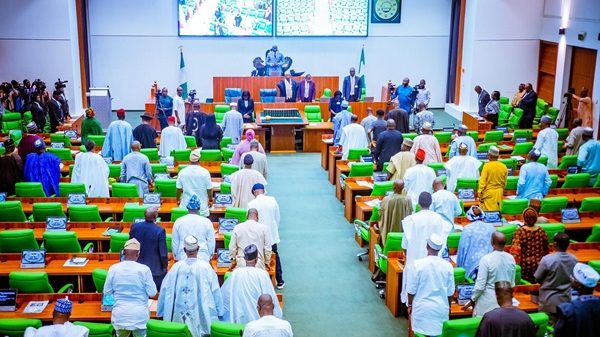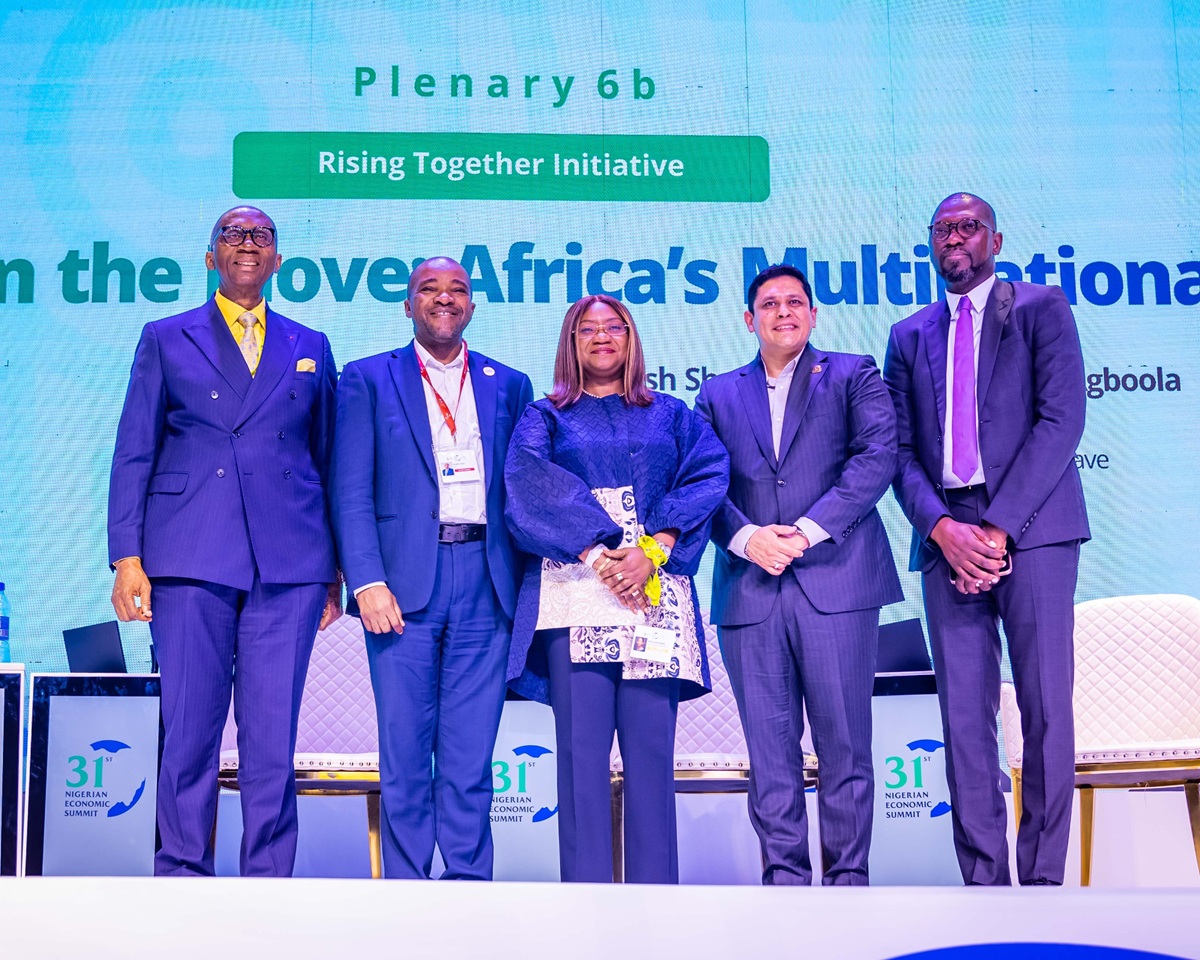The 31st Nigerian Economic Summit (NES), a platform for policy dialogue between government and business leaders, held in Abuja from October 6 – 8, 2025. During one of the plenary sessions on Wednesday, October 8, titled: “Titans on the Move: Africa’s Multinationals,” Dr Ernest Ndukwe (OFR), Chairman of MTN Nigeria, urged African governments to open borders and dismantle barriers that hinder the free movement of people, capital, and expertise across the continent.
“Telecoms has become the backbone of Africa’s integration,” Dr Ndukwe told delegates. “Expanding into new markets is not optional for African companies; it is the beginning of sustainable growth. To achieve this, we must ease the movement of resources and expertise.”
Dr Ndukwe drew on MTN’s journey of over 2 decades expanding across Africa, as an example of how disciplined governance, merit-based recruitment and a long-term strategy can sustain multinational growth.
He emphasised that predictable policies and regional cooperation will help African companies reduce transaction costs, establish stronger value chains and compete globally.
The panel brought together leaders from technology, finance and FMCG sectors who echoed the call for deeper regional integration. The session was moderated by Cecilia Akintomide, Chairperson of the UN Sanitation and Hygiene Fund, who also highlighted the need for regulatory alignment and public-private partnerships, stressing that Africa cannot afford to operate in fragmented silos. “Collaboration across borders is essential if we are to unlock the scale needed to achieve sustainable development goals,” she said.
Girish Sharma, MD/CEO of Guinness Nigeria Plc, emphasised the importance of local capacity in expansion, noting that multinational growth must be grounded in an understanding of cultural and consumer diversity. “Success is not only about capital flows, but also about adapting business models to the realities of each market,” he said.
Olugbenga Agboola, CEO of Flutterwave, described payments as the “circulatory system” of African trade, lamenting that fragmented payment systems still force businesses to route funds through indirect channels.
He called for interoperable frameworks that would allow seamless transactions across borders, thereby accelerating trade under the African Continental Free Trade Area (AfCFTA).
Together, the panellists agreed that AfCFTA represents a game-changing opportunity to reshape Africa’s economic future. They concluded that opening borders, harmonising regulations and maintaining strong governance structures will be decisive in transforming African firms into global competitors and ensuring inclusive regional growth.
![]()




























































